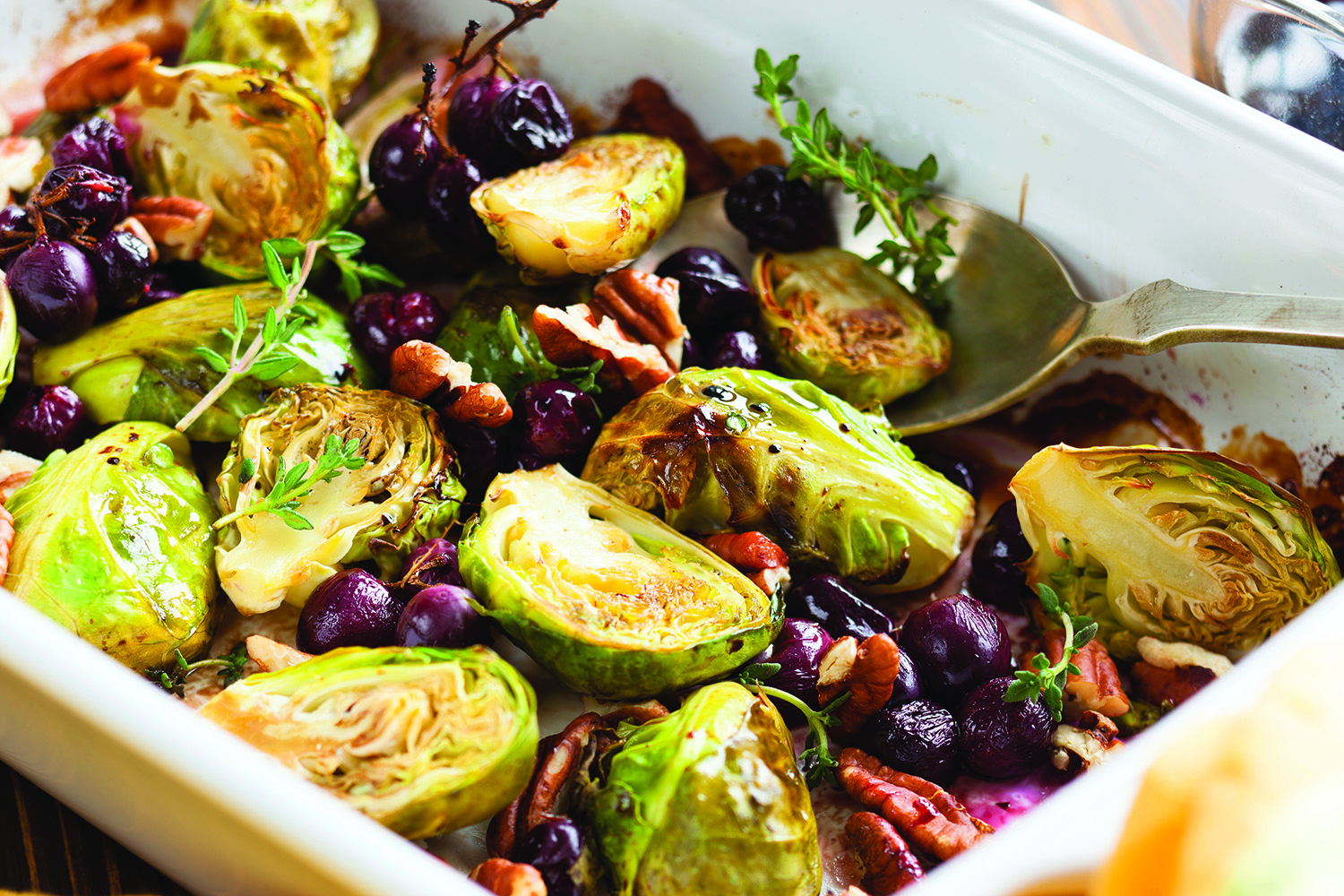Cancer survivors can feel overwhelmed when trying to stock their fridges and pantries with healthy food options. While choices abound, Martha Weaver, a dietitian who works with cancer patients at Philadelphia’s Temple University Hospital Cancer Center, offers this advice: Keep it simple.
Weaver relies on a pie chart from the American Institute for Cancer Research (AICR) to illustrate a basic rule of good nutrition. “At least two-thirds of your plate should be vegetables, fruits, whole grains and beans,” she says. “One-third or less should be animal protein.” By following this concept, known as the New American Plate, Weaver says, cancer survivors will ensure that plant-based foods become the foundation of their diets. She recommends making several modest changes, including eating a salad with every meal, substituting whole grain bread and pasta for white bread and pasta, and choosing fruit for dessert.
The World Cancer Research Fund International and the American Cancer Society have incorporated similar suggestions into their guidelines for decreasing cancer risk. The U.S. Department of Agriculture also provides a plate illustration for general dietary recommendations at ChooseMyPlate.gov. No single type of diet has been shown to prevent cancer, but some studies have linked obesity to a greater risk of cancer recurrence—and a healthy diet is an important part of any weight-loss program. Fruits and vegetables are nutrient-dense, providing essential vitamins and minerals, usually without a lot of calories. Whole grains, which have fiber, can also help survivors lose weight.
To start filling your plate with these essentials, try the recipe, which boasts Brussels sprouts, cranberries and pecans. For more recommendations, Weaver suggests working with a registered dietitian, who can also help keep you on track.
Cancer Today magazine is free to cancer patients, survivors and caregivers who live in the U.S. Subscribe here to receive four issues per year.





